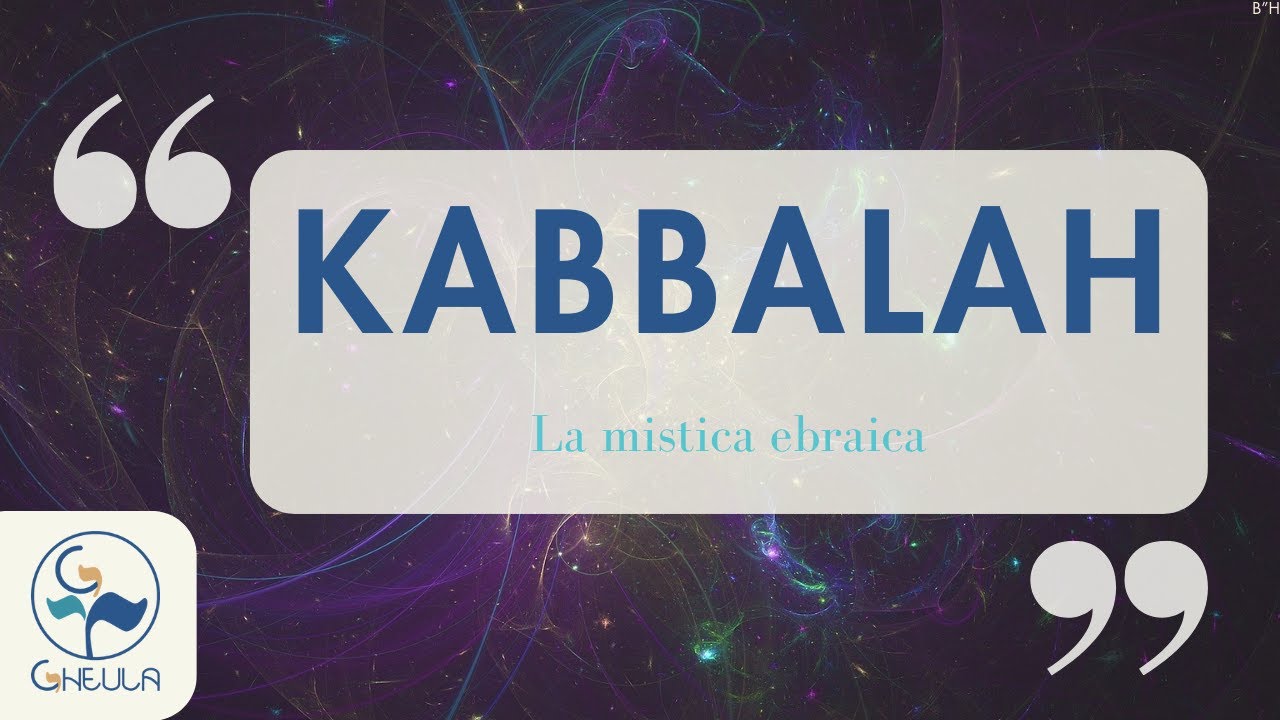How to Read the 15 Prophetic Books in the Bible
Summary
TLDRThe video explores how to read the biblical prophets, emphasizing their role beyond fortune-telling. Prophets like Ezekiel, Obadiah, and Habakkuk were Israelites called to speak on God's behalf, reminding Israel of their covenant with God. They accused Israel of idolatry and injustice, called for repentance, and warned of consequences, often using cosmic imagery to describe God's justice. Their messages of warning and hope, though initially ignored, gained recognition after the Babylonian exile. The prophets' writings blend historical events with future visions, offering both a critique of Israel's failure and a hope for restoration.
Takeaways
- 📖 Ezekiel, Obadiah, and Habakkuk are three of the 15 prophets with their own books in the Bible.
- 🔮 While prophets in other cultures are often seen as fortune tellers, biblical prophets are more than that, speaking on God's behalf after a direct encounter with Him.
- 🤝 The primary concern of the prophets was the covenant, the partnership between God and Israel, which required Israel to be a nation of justice and generosity.
- ⚖️ Prophets acted as covenant lawyers, accusing Israel of violating the terms by idolatry, forming foreign alliances, and neglecting the poor.
- 🔄 They called for repentance, offering God's mercy if Israel would turn back to Him, but Israel often refused to change.
- ⚡ Prophets warned of consequences for breaking the covenant, often using cosmic imagery to depict God's justice, such as the Day of the Lord.
- 🌍 Cosmic imagery, like stars falling or the sun going dark, symbolized God’s judgment on nations, both local events and the broader mission of global justice.
- 🌅 The Day of the Lord was a key theme, pointing to both local historical events and the ultimate restoration of God's kingdom.
- 🌿 Prophets envisioned a New Jerusalem, a restored creation where peace reigned, led by a Messianic King.
- 🗣️ Some prophets were persuasive, but many were marginalized, and their writings became influential only after their warnings came true, like during the Babylonian exile.
Q & A
What do the names Ezekiel, Obadiah, and Habakkuk have in common?
-They are three of the 15 prophets who have their own books in the Bible.
What is often a common misconception about prophets, according to the script?
-Many people think of prophets as fortune tellers, but in the Bible, prophets are much more than that. They had encounters with God and spoke on His behalf, often addressing present issues, not just future events.
What was the primary concern of the biblical prophets?
-The biblical prophets were primarily concerned with the mutual partnership, or covenant, between God and the Israelites, urging Israel to remain faithful to God.
What did the prophets accuse Israel of violating?
-The prophets accused Israel of violating the terms of the covenant, which included idolatry, forming alliances with other nations, and allowing injustice towards the poor.
What does it mean when the prophets called for repentance?
-Repentance simply means 'to turn around.' The prophets called on the Israelites to confess their sins and change their ways to receive God's mercy.
What is 'The Day of the Lord' as described by the prophets?
-'The Day of the Lord' refers to the consequences of breaking the covenant, often involving God bringing justice on Israel’s corruption and the violent nations around them.
Why did the prophets use cosmic imagery in their messages?
-The prophets used cosmic imagery, such as stars falling from the sky or the sun going dark, to explain how significant historical events fit into the larger story of God’s mission to bring justice to the world.
What did the prophets' visions of a New Jerusalem symbolize?
-The prophets' visions of a New Jerusalem symbolized a renewed creation, where humanity would live at peace with each other and with animals, led by a new Messianic King.
How did the Israelites initially respond to the prophets?
-Most Israelites, especially their leaders, ignored the prophets and shunned them. However, after the Babylonian exile, people began to take their warnings seriously.
How did the writings of earlier prophets influence later generations?
-The writings of earlier prophets were studied and compiled by later unnamed prophets, who arranged the Hebrew scriptures, including the books of the prophets, as we know them today.
Outlines

Cette section est réservée aux utilisateurs payants. Améliorez votre compte pour accéder à cette section.
Améliorer maintenantMindmap

Cette section est réservée aux utilisateurs payants. Améliorez votre compte pour accéder à cette section.
Améliorer maintenantKeywords

Cette section est réservée aux utilisateurs payants. Améliorez votre compte pour accéder à cette section.
Améliorer maintenantHighlights

Cette section est réservée aux utilisateurs payants. Améliorez votre compte pour accéder à cette section.
Améliorer maintenantTranscripts

Cette section est réservée aux utilisateurs payants. Améliorez votre compte pour accéder à cette section.
Améliorer maintenantVoir Plus de Vidéos Connexes

Великие пророки / Ванга, Нострадамус, Авель и Мессинг / Уроки истории / МИНАЕВ

최고의 사주 궁합은 본능❤️ 내가 유독 끌리는 사람에겐 이유가 있다 | 금사빠 EP.48

Curses, ‘hit women’ and fortune-tellers

Introduction to Human Rights | Lesson 30: "Transitional Justice"

Cosa è davvero la mistica ebraica e perché tocca la vita di ognuno di noi

VOP - HATI-HATI DENGAN PENYESATAN
5.0 / 5 (0 votes)
